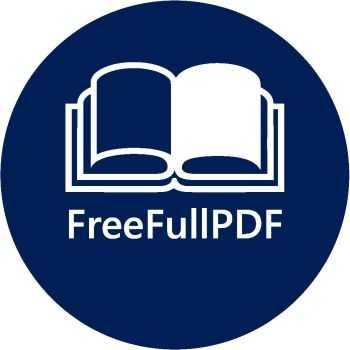Monika Colbecka, a distinguished Polish Doctor of Humanities specializing in communication science, archival studies, social networking, and information science, has made significant contributions to these fields. Her work addresses critical issues in how information is preserved, communicated, and utilized in the digital age. This article delves into her latest research, emphasizing its relevance in contemporary scholarly and practical contexts. By examining Colbecka’s contributions, we aim to understand the evolving landscapes of communication and information sciences.
Communication Science Innovations
Redefining Information Dissemination
Colbecka’s work in communication science primarily revolves around how information is disseminated in the digital environment. She explores innovative methodologies that redefine the dissemination and consumption of information. Her research highlights the importance of structured communication strategies to enhance information accessibility and retention, especially within academic and professional circles.
Colbecka’s studies illustrate the transition from traditional communication models to digital platforms, emphasizing the need for adaptability in communication strategies. She argues that the use of advanced technological tools can streamline information flow, ensuring efficient knowledge transfer and collaboration.
Impact of Digital Media on Communication
Another focal point of Colbecka’s research is the influence of digital media on communication practices. Her findings suggest that digital platforms reshape interpersonal and organizational communication dynamics, posing both challenges and opportunities. Colbecka emphasizes the need for communication frameworks that accommodate the unique aspects of digital media, such as immediacy, interactivity, and multimedia integration.
Her research methodology often includes empirical analysis and case studies that provide insights into the effectiveness of digital communication strategies across diverse sectors. Colbecka’s work underscores the importance of digital literacy and the need for capacity building in utilizing digital tools effectively.
Archival Studies and Social Networking
Evolution of Archival Practices
With a keen interest in archival studies, Colbecka investigates the evolution of archival practices in the digital era. She advocates for the integration of digital technologies to preserve and manage information, ensuring its accessibility for future generations. Her research emphasizes the challenges of balancing traditional archival principles with contemporary digital needs.
Colbecka’s studies often involve the design and implementation of digital archival systems that enhance information retrieval and usability. She highlights the critical role of archival studies in supporting research, education, and public awareness.
Role of Social Networking in Information Science
Social networking has transformed how individuals and organizations share and access information. Colbecka explores the implications of social networking for information science, focusing on how these platforms facilitate unprecedented levels of information exchange. Her research sheds light on the socio-cultural impacts of social media and how they influence information dissemination processes.
Colbecka examines case studies where social networking tools have successfully enhanced information exchange, offering valuable insights into best practices. She underscores the potential of these platforms to foster community engagement, knowledge sharing, and collaborative innovation.
Future Directions in Information Science
Integrating AI in Communication Strategies
Looking ahead, Colbecka is exploring the integration of artificial intelligence in communication and information science. Her research investigates how AI can enhance the efficiency of information processing, giving rise to personalized communication strategies that cater to individual needs and preferences.
Colbecka’s work highlights the potential of AI to transform various aspects of information systems, from data analysis to predictive modeling. She emphasizes the importance of developing ethical guidelines to govern AI’s application in communication science, ensuring that technological advancements do not compromise data integrity and privacy.
Building Interdisciplinary Collaboration
Colbecka also stresses the necessity of interdisciplinary collaboration to address complex challenges in communication science and information management. Her research encourages the convergence of diverse fields to foster innovation and address the multifaceted nature of information-related issues.
She advocates for collaborative initiatives that bring together experts from communication, information science, technology, and social sciences. Such collaborations are pivotal in developing comprehensive solutions that cater to the dynamic demands of information exchange and preservation.
Conclusion
Monika Colbecka’s pioneering research continues to shape the fields of communication science, archival studies, and social networking. Her work not only advances theoretical understanding but also provides practical frameworks for improving information dissemination and management in the digital era. As her research evolves, Colbecka’s contributions will undoubtedly influence the development of more efficient, accessible, and ethical communication strategies. By fostering interdisciplinary collaboration and leveraging digital technologies, her work promises to enhance the global exchange of knowledge and information.
Subscribe to our newsletter!
